BATON ROUGE — Louisiana parents may soon have the option to utilize taxpayer funds to enroll their children in private schools or alternative public schools, should the legislation that advanced beyond the Senate Education Committee on Wednesday become law.
The Senate committee endorsed SB 313, authored by committee chairman Senator Rick Edmonds, R-Baton Rouge, which aims to establish the Louisiana Giving All True Opportunity to Rise (LA GATOR) Scholarship Program.
Edmonds amended his bill with a measure introduced in the House by Representative Julie Emerson. The committee voted 5-2 to move the bill forward to the full Senate.
Senators Katrina Jackson-Andrews, D-Monroe, and Jimmy Harris, D-New Orleans, opposed the bill. Senators Edmonds, Blake Miguez, R-New Iberia, Beth Mizell, R-Franklinton, Valarie Hodges, R-Denham Springs, and Robert Owen, R-Slidell, voted in favor.
“This is not just an education bill. In my opinion, this is the opportunity to more than move the needle today,” Edmonds said. “This is a generational opportunity that we have before us. The bill creates education savings accounts for Louisiana families. With this legislation, we put the power back in the hands of parents when it comes to their child’s education.”
Edmonds said the program would be launched on a tiered basis and begin enrollment on March 1, 2025, before the program launches for the 2025-2026 school year.
Under the phased approach, all families would be eligible for stipends in the fall of 2027. The stipends would be on a sliding scale, with roughly $5,100 for higher-income families, $7,500 for low-income families and $15,000 for students with disabilities.
Edmonds and Emerson highlighted that LA GATOR would absorb an existing school voucher program exclusively available to low-income families.
Sen. Katrina Jackson-Andrews, D-Monroe, opposed granting students from all public schools access to the savings accounts. She argued that schools with consistent A or B performance grades should not suffer resource losses.
“If a school system has consistently done well and they are in an A or B situation, I thought that is when we reward them, not pull money away from them,” Jackson Andrews said.
Edmonds expressed doubt about a “vast exodus” from A- and B-rated schools. Emerson argued that even if only a handful of students from high-performing schools seek alternative options, their families should have that choice.
Steven Procopio, president of the Public Affairs Council of Louisiana, estimated the annual cost of LA GATOR at $650 million within five to seven years.
“I fully anticipate the legislature probably won’t be able to appropriate all of that,” Precopio said. “I think there are a lot of different ways to have that and make sure we focus it on those that are trapped for economic reasons in failing schools.”
He suggested adopting the Texas ESA model, which prioritizes families zoned for underperforming schools due to economic reasons.
If approved, Louisiana would join 13 states that have implemented education savings accounts, including Arizona, Arkansas, Florida, Indiana, Iowa, Mississippi, Montana, New Hampshire, North Carolina, South Carolina, Tennessee, Utah, and West Virginia.
In Mississippi, the Equal Opportunity for Students with Special Needs Act became law in 2015, establishing Education Scholarship Accounts (ESA) vouchers.
The ESA voucher program allows Mississippi parents to use state funds to pay private school tuition for children with special needs.
Initially, eligibility was limited to students who had an active IEP within the past 18 months, according to the Parents’ Campaign Education and Research Fund. it was later expanded to students who had an active IEP within the past five years. According to EDchoice.org, only 381 students total used the voucher for the 2023-24 school year. Only seven percent of kids in Mississippi are eligible for the program. The annual award value for the voucher is $7,089.
The Arkansas Children’s Educational Freedom Account Program was enacted in 2023 and launched in 2024, according to EdChoice.org. Arkansas is using a phase approach the first two years, with 100 percent eligibility by 2025. The initial account value is $6,614.In 2022, Arizona lawmakers approved universal ESAs. Projections placed the cost to taxpayers at around $825 million for the current school year, according to a report from Save Our Schools Arizona.
Download the Unfiltered with Kiran app from the Apple App Store and Google Play to stay updated on the latest news across the Capital area.





Leave a Reply